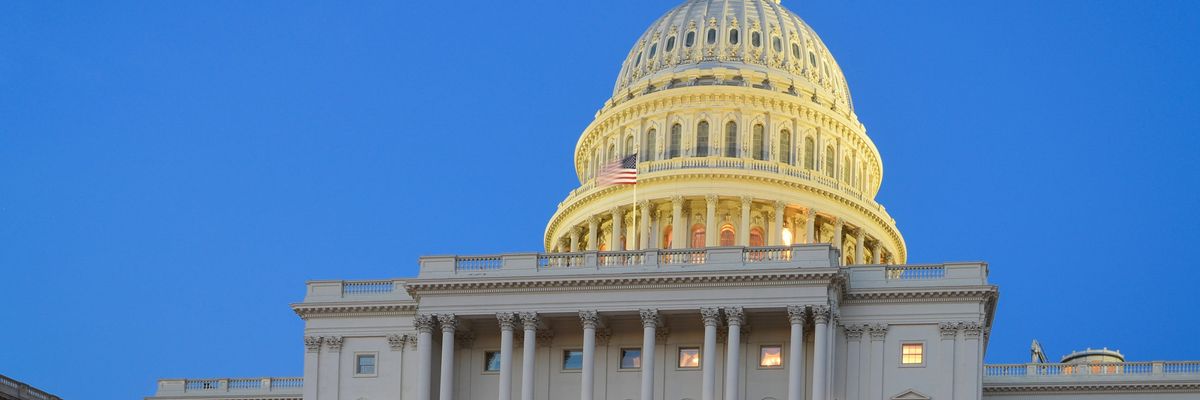Democratic congressional leaders are marshaling a message to President-elect Joe Biden “strongly endorsing” his promise to return to the Iran nuclear deal without preconditions, Gregory Meeks, (D-N.Y.), the incoming chair of the House Foreign Relations Committee told the Quincy Institute this week.
“We are sending a signal to our allies that America is getting back to the table!”
The letter, first reported by the Jewish Telegraphic Agency, was organized by the members of the whip team that secured support for the JCPOA in 2015 — Rep. Barbara Lee (D-Calif.), Rep. Jan Schakowski (D-Ill.), Rep. David Price (D-N.C.) and Rep. Meeks, in addition to Rep. Joaquin Castro (D-TX) and Rep. Brad Sherman (D-Calif.). It decries the Trump administration’s exit from the agreement and argues that a return to the deal will not only prevent an Iranian nuclear bomb, but also lay the “foundation for progress on other critical issues.”
“My colleagues and I — including all three contenders for the chairmanship of the House Foreign Affairs Committee — decided it was important to send a strong and unified message from Congress to President-elect Biden that we support diplomacy, including taking early steps to return both Iran and the United States to JCPOA compliance,” Rep. David Price explained to QI.
Contrary to common perceptions that Congress is hostile territory for diplomacy with Iran, the swift organizing of the letter and the backing of both the Democratic leadership and the three contenders for the chairmanship of HFAC suggest remarkable support of the deal among Democrats. In fact, Rep. Sherman was a vocal opponent of the deal in 2015 but has since become supportive.
Lawmakers tie the growing support for the nuclear agreement both to “the need to figure out some common ground again,” and to the realization that the deal worked and put the United States in a much stronger position.
“People understand now that while we were in the JCPOA, Iran was complying with it,” Meeks explained. “It worked! We had the ability to inspect their program and that made the world and the region safer.”
“I think what we see is members of Congress interested in moving away from a failed policy, back to an agreement that actually worked,” Rep. Lee added.
The initiative may not only foreshadow Congress’s attitude toward the JCPOA, but also HFAC’s role in support of diplomacy under the leadership of Chairman Meeks. The New York Democrat has played a long and important role in behind-the-scenes diplomacy with U.S. adversaries. As the chair of the Congressional Dialogue Caucus, Meeks has been on the forefront of opening channels of communications with countries such as Iran, Cuba, and Venezuela.
His efforts in favor of diplomacy with Tehran dates back almost two decades, at a time when supporting negotiations with Iran was far more politically risky and costly. Hoping to prevent war between the United States and Iran under President George W. Bush, Meeks helped open up channels of communications between members of Congress and Iran’s ambassador to the U.N. at the time — Javad Zarif.
Looking towards the future, Meeks hints that HFAC may play an even more active role in establishing dialogue with other parliaments, including with the Iranian Majlis. “A lot of work remains as the two sides are not fully ready yet,” he told me. “But we can get there.”
















